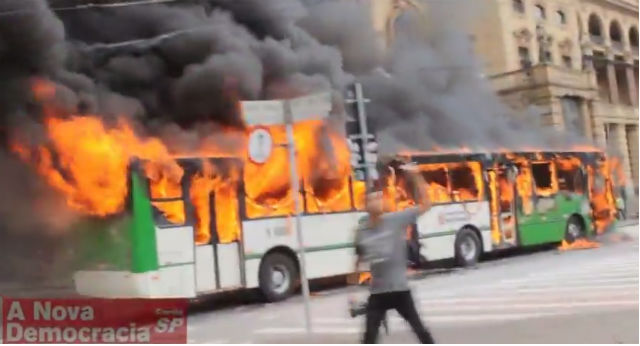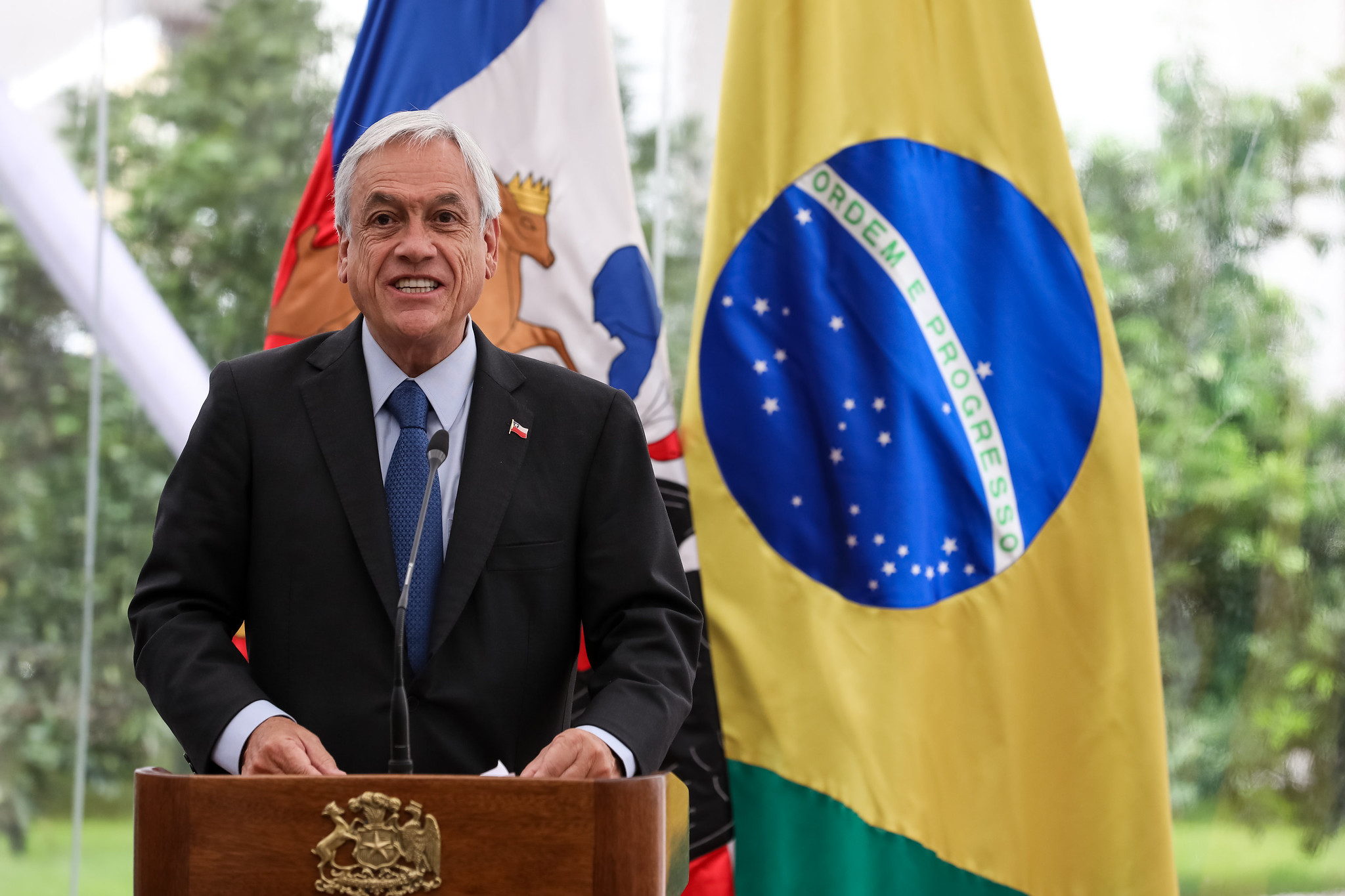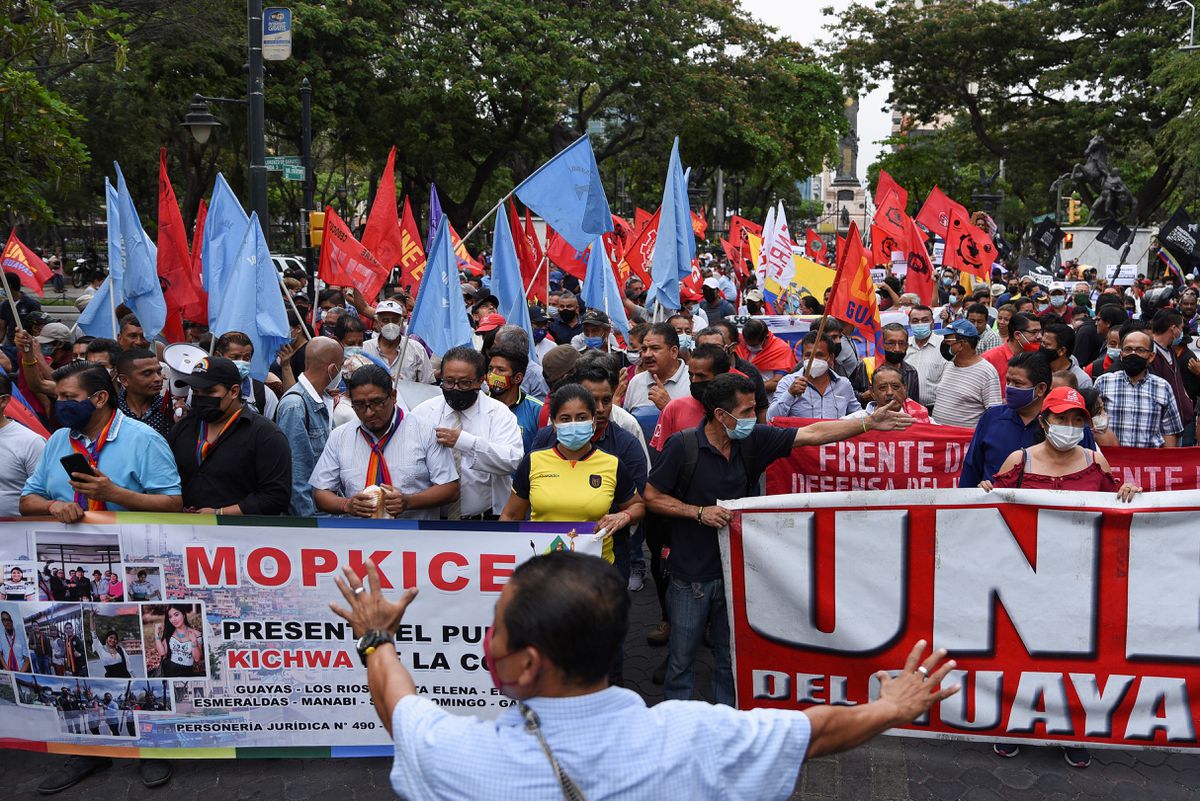
Latin America: Week in Review
Daniel Ortega set to secure re-election in Nicaragua
November 7, 2021 By Staff
THIS WEEK IN LATIN AMERICA
NICARAGUA: Daniel Ortega seeks his fourth presidential term in Sunday’s Nicaraguan elections. With more well-known challengers sitting in jail, Ortega stands a greater chance of winning. Polls closed at 6 p.m. local time with historically low turnouts as expected.
Since May, Ortega has ordered police to arrest dozens of opposition leaders including business leaders, seven presidential candidates, journalists and old colleagues.
The Biden administration responded recently by calling the election a sham – and will prepare further sanctions against Nicaragua after the election results determine Ortega the winner. President Joe Biden has made requests to the Nicaraguan president to restore democracy and release detained opposition figures.
U.S. State Department officials said they would be cautious in their efforts to place sanctions and said that they’ll consider not harming sectors of the economy that “might impact the population.”
Sunday’s election will decide who takes the Nicaraguan presidency for the next five years. 44 million Nicaraguan citizens aged 16 and above were eligible to vote.
SOUTHERN CONE
BRAZIL: 26-year-old, Latin Grammy Award-winning singer Marília Mendonça died in a plane crash on Friday. At least 100,000 people turned up to her funeral on Saturday to pay their final respects.
The accident occurred en route to the southeastern state of Minas Gerais, where the chart-topping musician was due to play one of her first concerts in two years. Mendonça’s producer and uncle as well as the pilot and co-pilot of the plane also died in the crash.
In recent years, Mendonça had become the most successful name in the Brazilian music genre sertanejo. Before launching her solo singing career in 2014, she worked as a songwriter for other artists in the genre.
She is survived by a one-year-old son.
CHILE: A 23-year-old Mapuche man was killed and three other community members injured in the southern region of Biobío, currently under a state of emergency. Law enforcement and government officials have not clarified the exact cause of death, but Mapuche media blamed marine infantry.
The United Nations office for human rights on Friday issued a press release expressing concern over the militarization of the Biobío and Araucanía regions, where the Mapuche have long claimed ancestral territorial rights.
In the midst of the escalating violence, the government said this week that they plan to seek congressional approval to further extend the state of emergency. The measure is due to expire this Thursday, having already been extended twice.
ANDES
ANDES/CENTRAL AMERICA: Ecuador, Colombia, Panama and Costa Rica announced on Tuesday the creation of an eastern Pacific fishing-free corridor to protect migratory marine species. The 500,000 square mile reserve will connect Ecuador’s Galapagos Islands with Malpelo Island of Colombia, Costa Rica’s Cocos Island, and Panama’s Coiba Island.
The countries’ four leaders made the announcement at the UN climate conference in Glasgow. The corridor seeks to protect sea turtles, tuna, squid, hammerhead sharks and other species that have been heavily impacted by industrial fishing.
Costa Rican President Carlos Alvarado Quesada said, “We are going to protect ecosystems like the Galapagos and the Cocos Islands, which are among the world’s most valuable ecosystems.”
The decision expands a previous agreement signed in 2004 aimed at protecting island territories in the Pacific.
VENEZUELA: The International Criminal Court will investigate President Nicolas Maduro’s administration for allegations of torture and extrajudicial killings. It is the first time a Latin American country faces charges in the court for possible crimes against humanity.
The ICC Chief Prosecutor Karim Khan made the announcement on Wednesday after a three-day trip to Caracas where he met with President Maduro. While Khan did not specify the scope of the probe, it is expected to focus on allegations such as the use of excessive force, torture, and arbitrary detentions during 2017 anti-government protests.
Maduro agreed to cooperate, but criticized the criteria used to open the investigation. While the human rights groups and the Venezuelan opposition welcomed the announcement, it may be years before the ICC investigation leads to any criminal charges.
CARIBBEAN
DOMINICAN REPUBLIC/HAITI: The Dominican vice minister for migration affairs announced via Twitter on Monday the “indefinite” suspension of the student visa program for Haitian nationals.
President Luis Abinader added in a later press conference that there would no longer be automatic renewals of visas for Haitian students in the Dominican Republic. He said that each renewal request would be checked to ensure that no “gang” members were in the country.
The Association of Haitian Students responded to the measure stating that they are neither a threat to nor an “economic burden” on the Dominican Republic.
The Interior Ministry last week announced additional plans to review the immigration status of all foreign nationals in the country and to limit undocumented migrants’ access to public hospitals.
PUERTO RICO: The Rio Piedras (San Juan) campus of the University of Puerto Rico (UPR) on Wednesday became the latest to declare an indefinite strike in protest against budget cuts to higher education institutions.
Student activists said that the continued reduction of the UPR’s budget threatens the quality of education and could mean the closure of smaller campuses.
The cuts to the UPR system are one of the austerity measures contained in the debt restructuring bill signed into law by Gov. Pedro Pierluisi on Oct. 27. The Debt Adjustment Plan was jointly prepared by the island’s government and the U.S. Financial Oversight and Management Board. The plan is expected to receive final approval from the federal District Court at the conclusion of hearings set to begin today.
CENTRAL AMERICA
COSTA RICA: The Costa Rican health ministry made it mandatory for children aged five and up to get the COVID-19 vaccine. The action would add COVID-19 to the list of infectious diseases requiring mandatory vaccines.
Recent trends in Costa Rica reveal the number of COVID-19 infections decreasing. Among minors, there have been 61,118 cases in which 24 have resulted in death as of reports made on Thursday.
The health ministry also mentioned that children aged 15 and up can receive the vaccine without the consent of their legal guardian. 73% of the 12-19 year old population has received at least one dose of the vaccine.
NORTH AMERICA
MEXICO: Migrants traveling north to Mexico City confronted the National Guard in the southern state of Chiapas on Thursday.
The encounter left several migrants and five National Guard officers injured. The clash occurred near the location where a Cuban migrant was shot dead by the National Guard last Sunday.
The caravan, mostly women and children from Central America, resumed their journey on Monday after a two-day rest due to fatigue and illness among some members.
UNITED STATES: As of Nov. 8, strict guidelines go into effect that will prevent foreign nationals who have not been fully vaccinated against COVID-19 from entering the U.S. by air. President Joe Biden signed the new vaccination and testing requirements for international travelers one week ago.
Passengers must provide a valid vaccination record from an official source. Airlines will oversee the travel mandate by requiring travelers to show their vaccination status, including a negative COVID-19 test result within 72 hours of air travel regardless of vaccination status.
The requirements will exempt non-tourist travelers form Haiti and Nicaragua, but most will have to show proof of negative test results.





